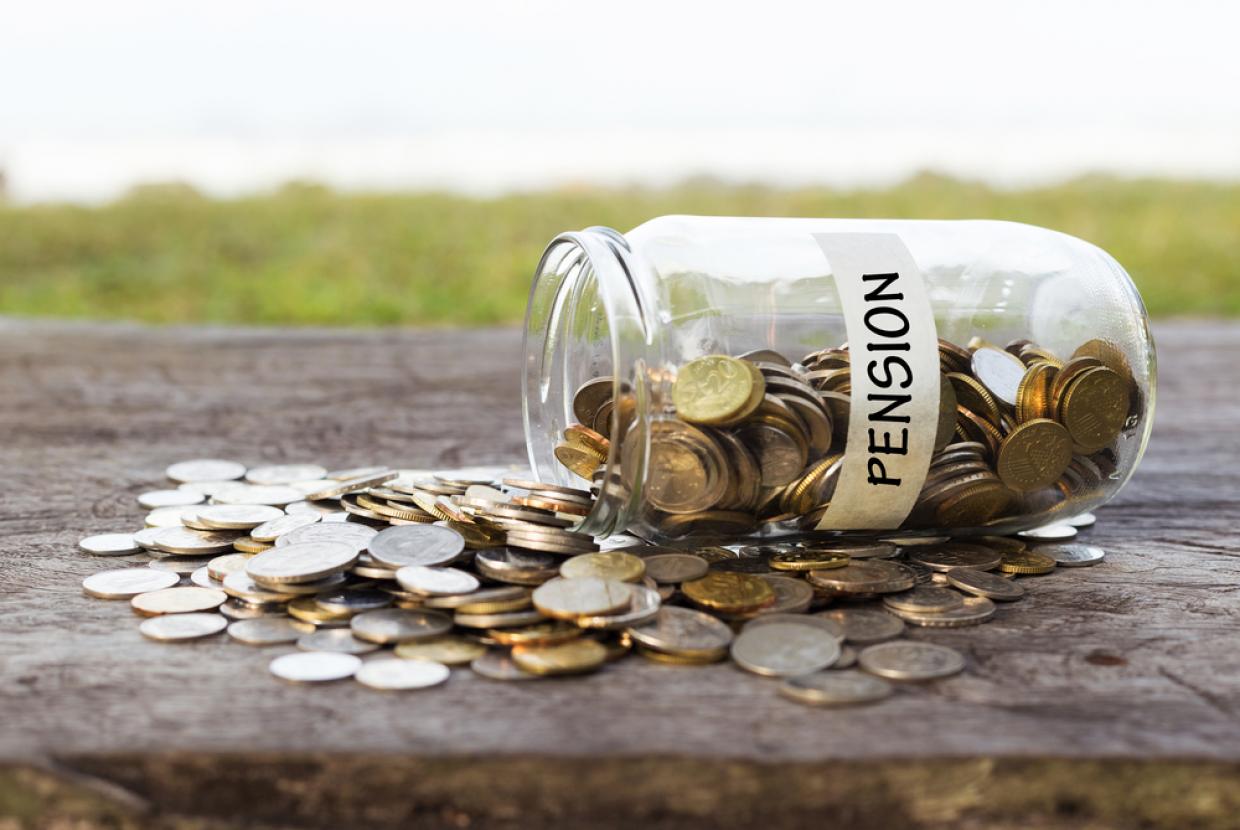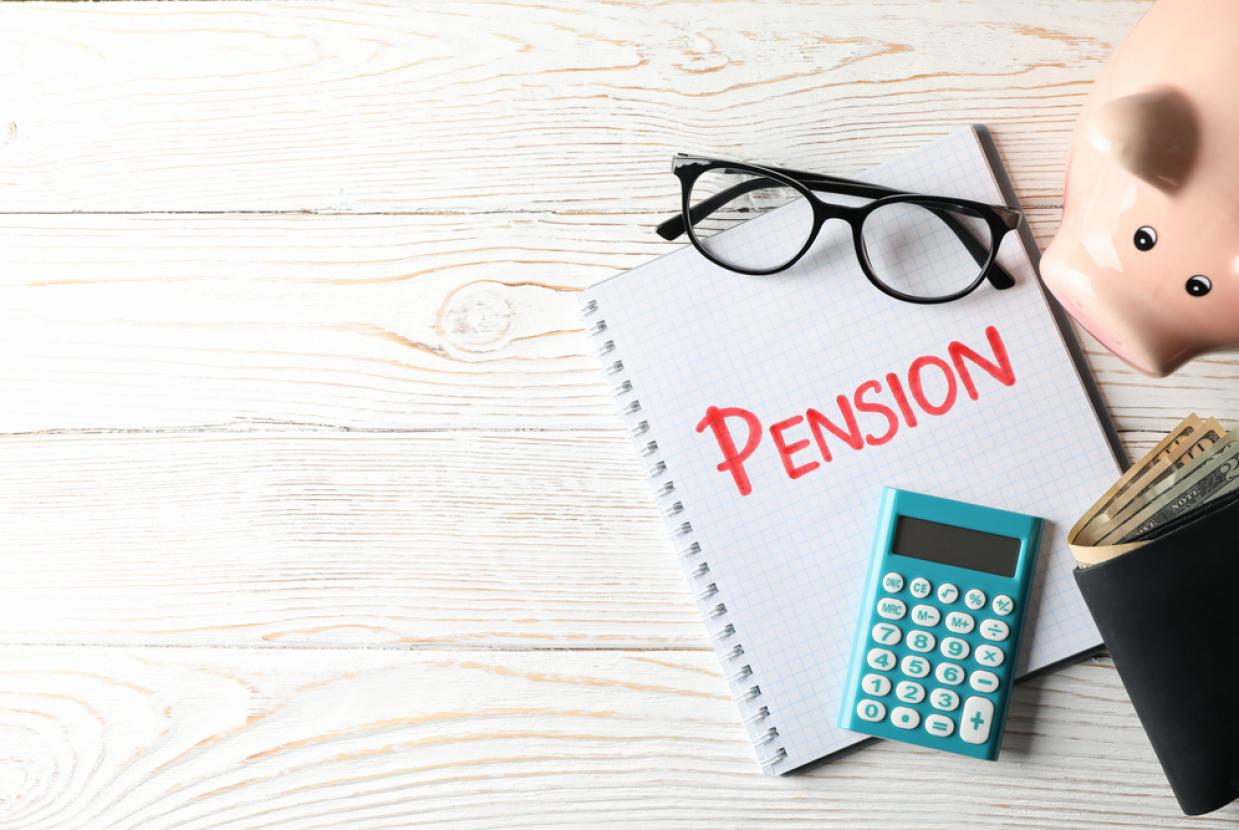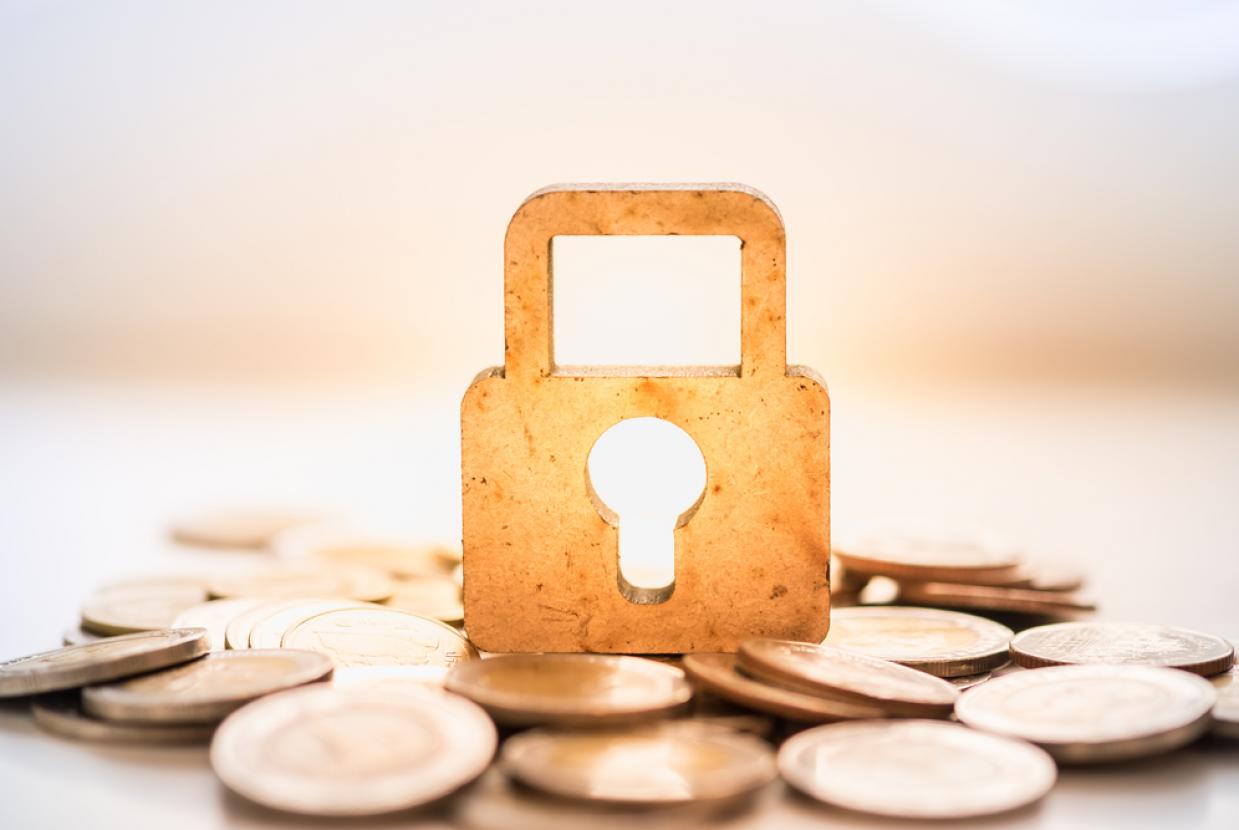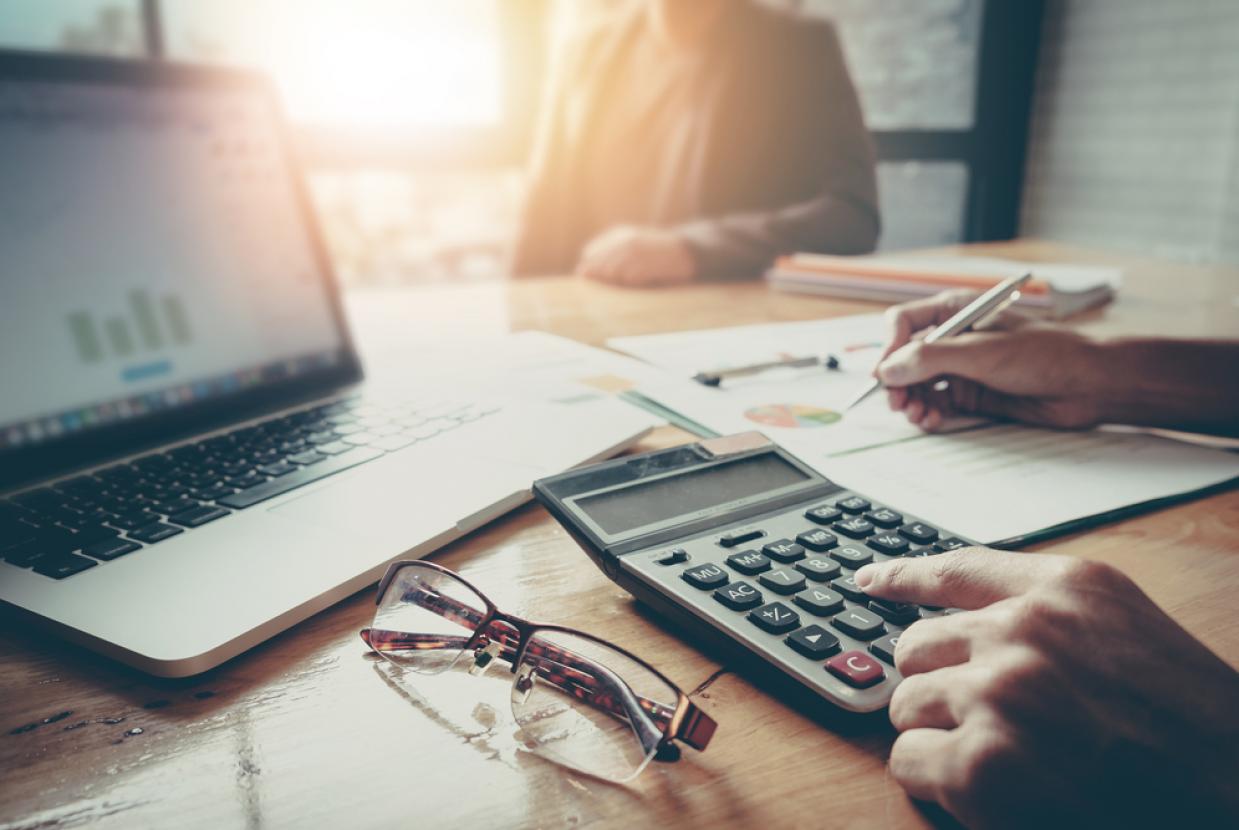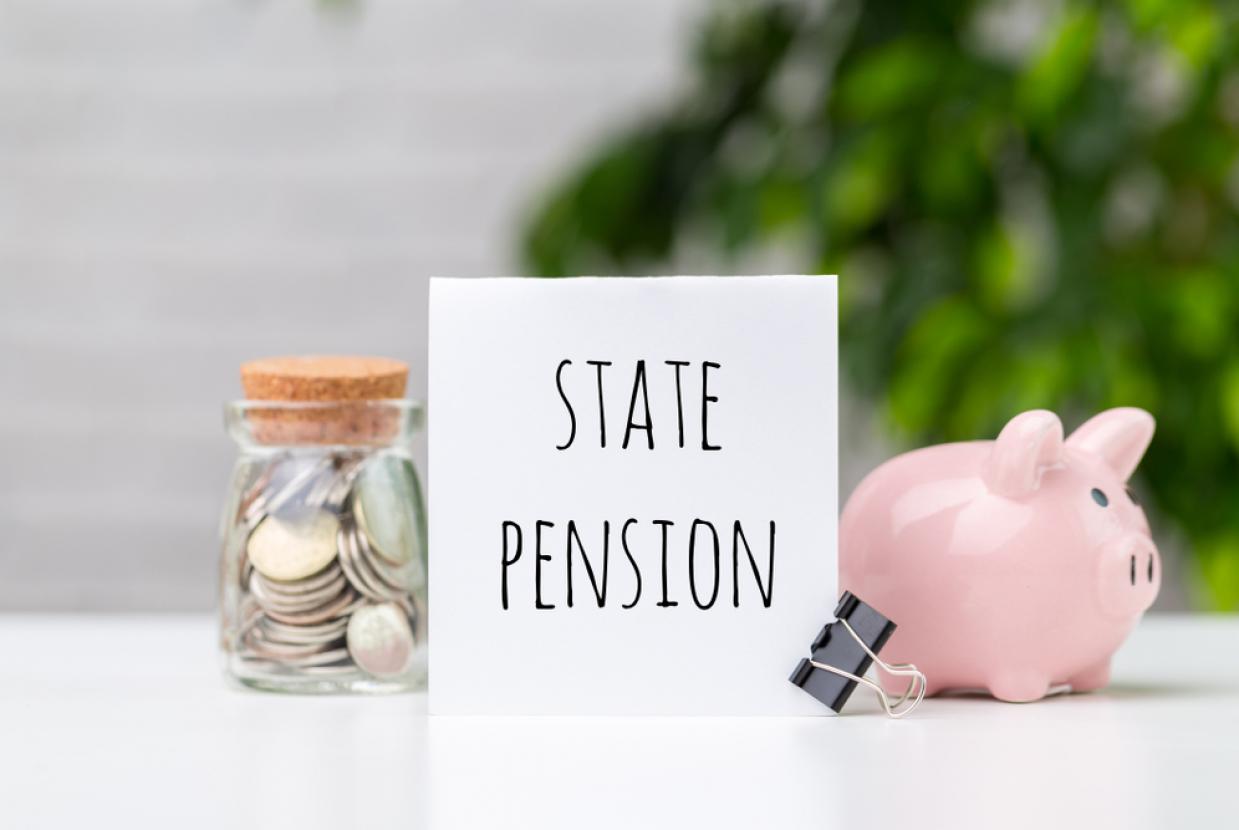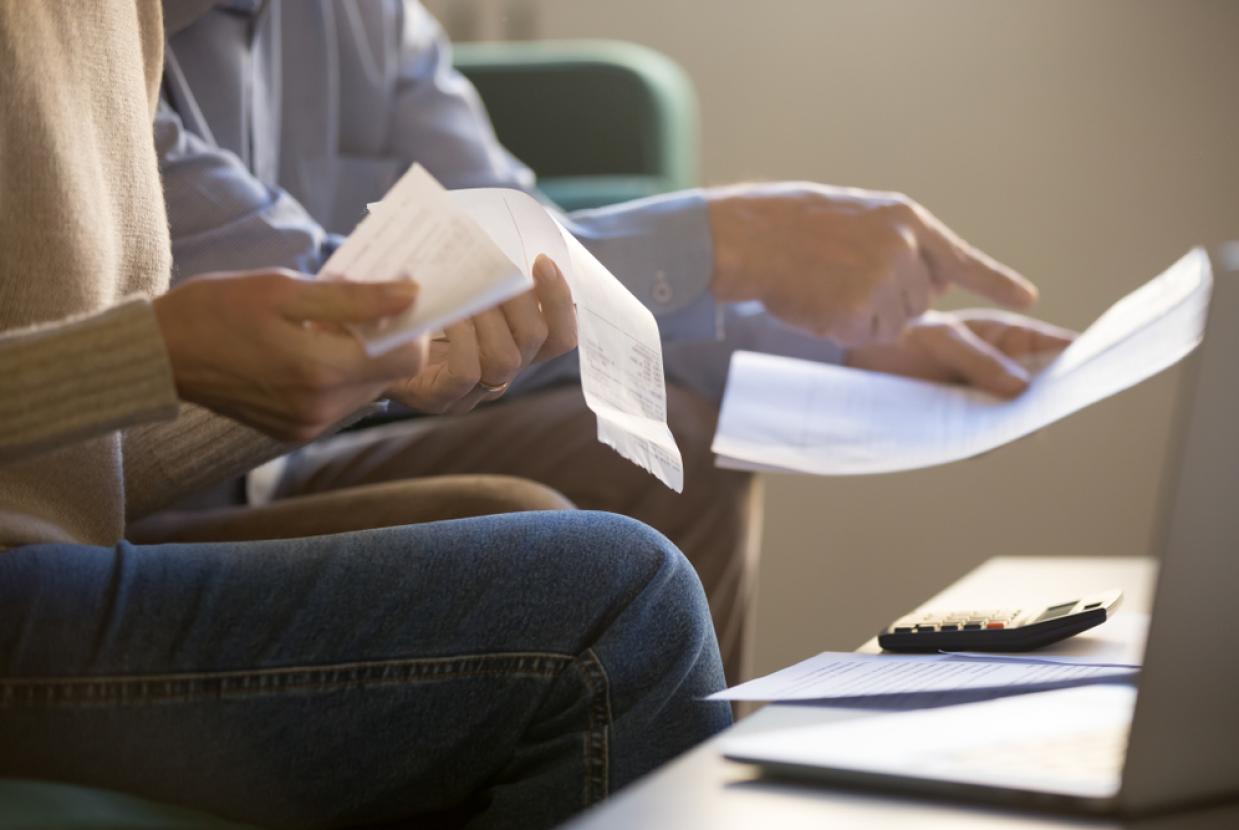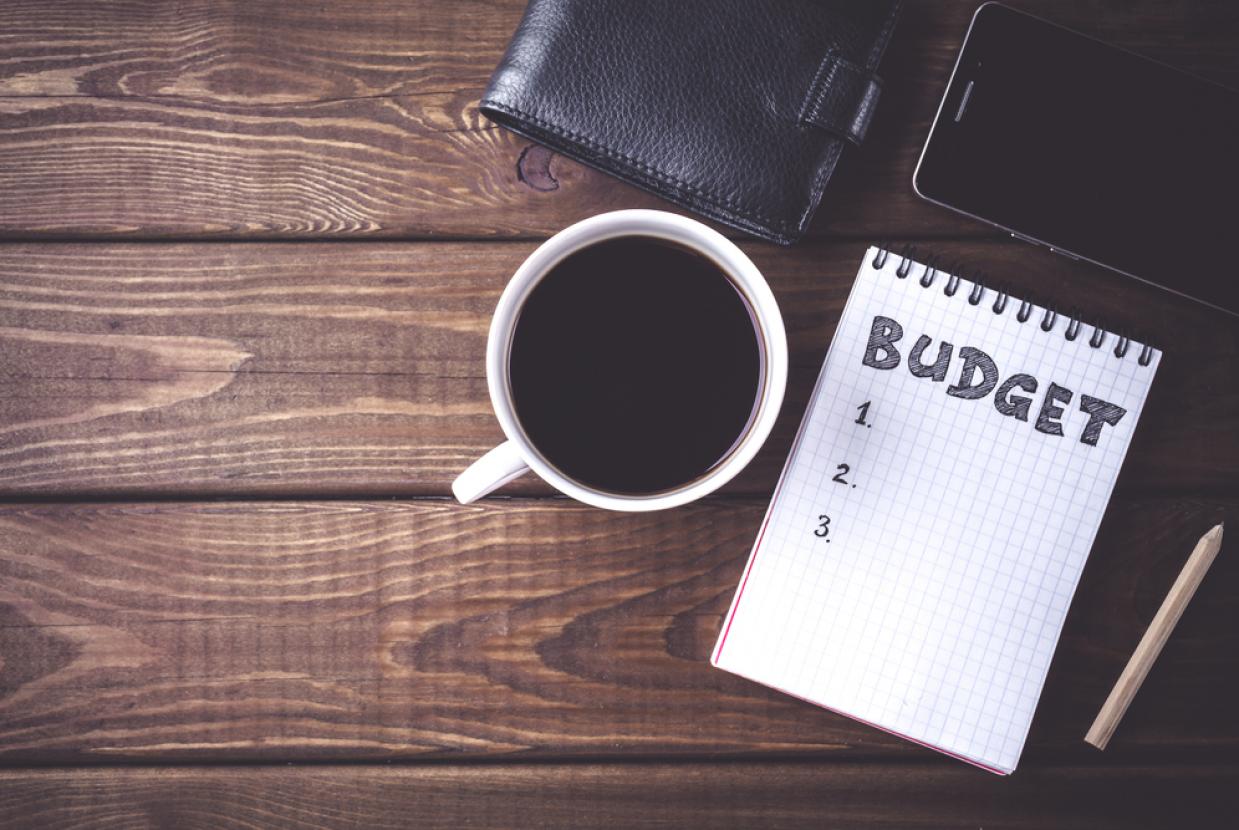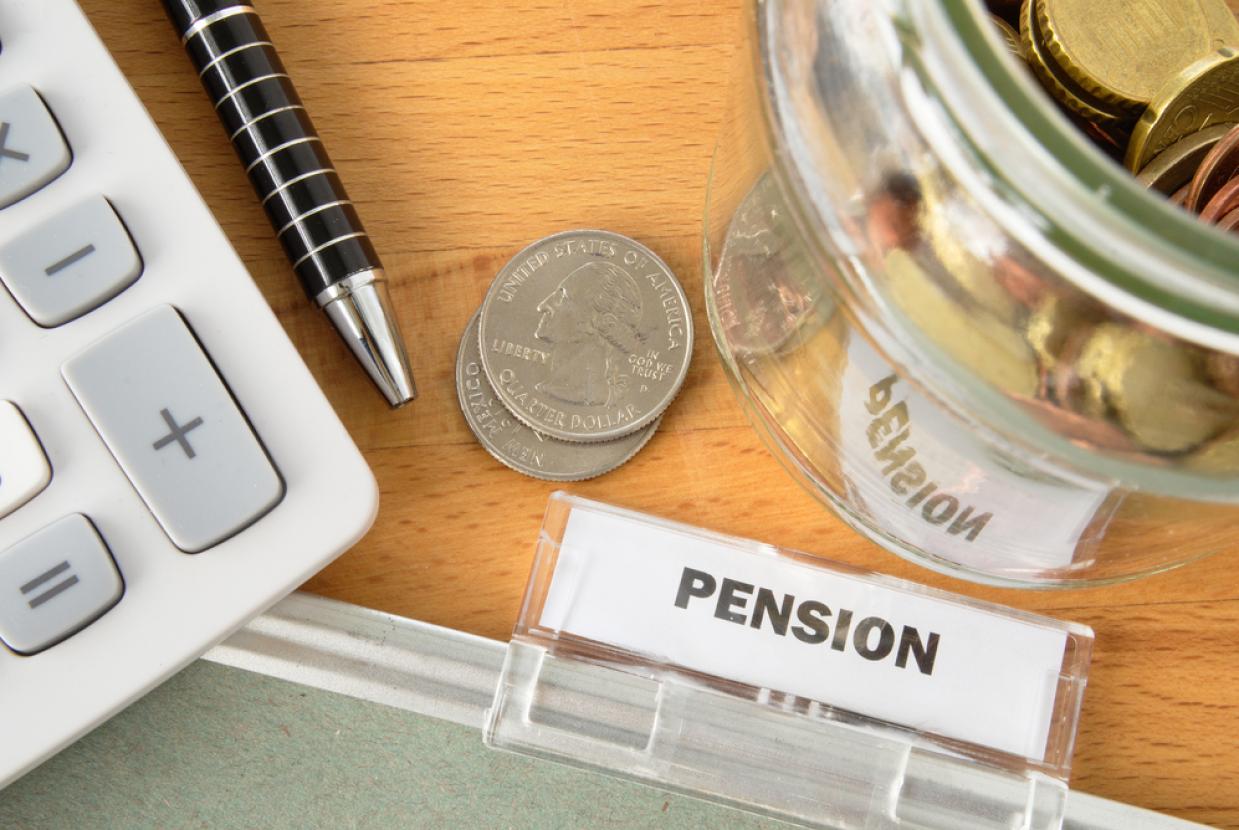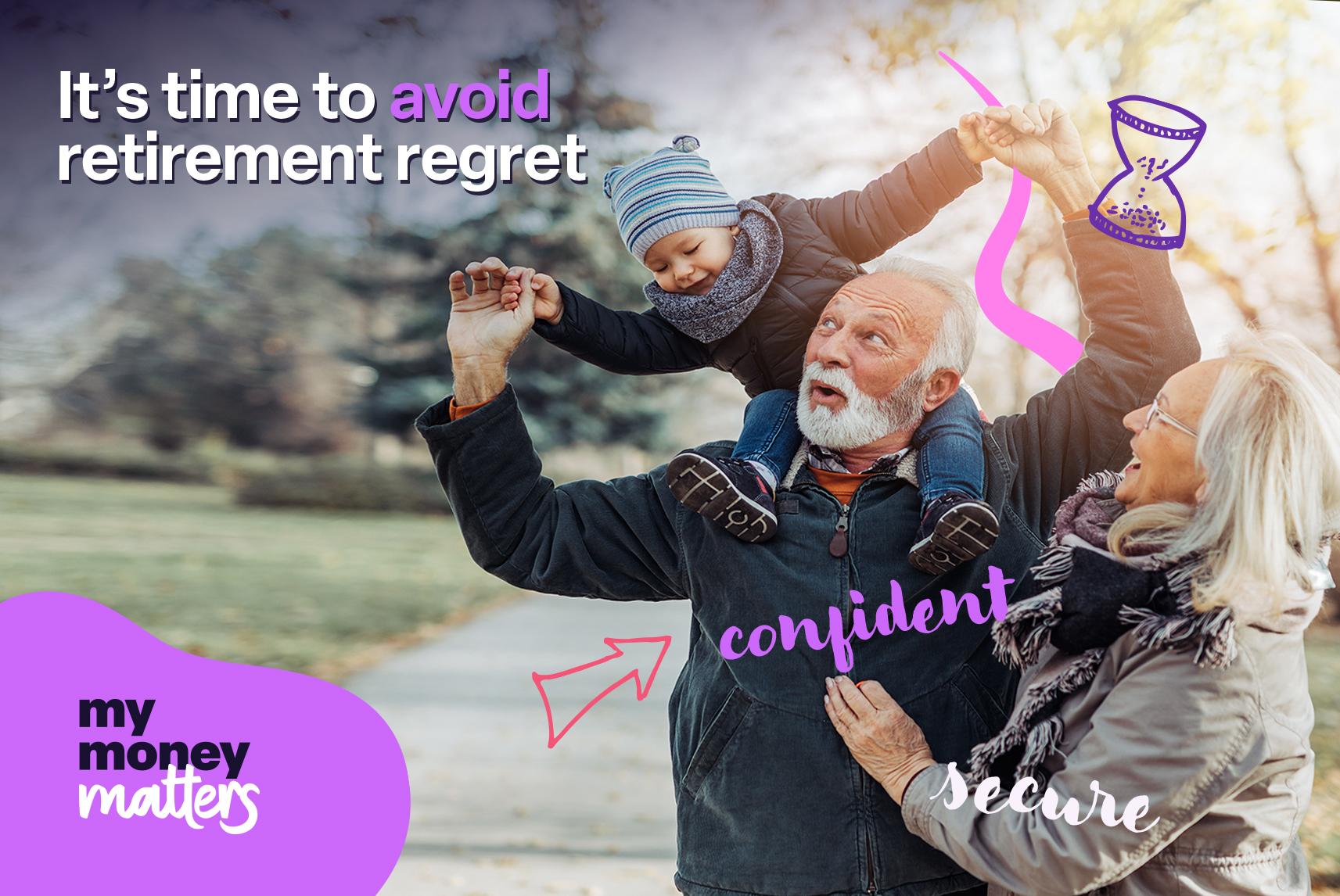What Happens To My Pension When I Die?
Thinking about death isn’t easy, but it’s important to understand what happens to your pension when you die – including if the money is taxed.
What happens to defined benefit pensions?
If you have a defined benefit pension, any money to be paid to your beneficiaries will be as outlined in the scheme’s rules. Check with your pension administrator to find out what your beneficiaries might be entitled to when you die, as the rules of each scheme are different.
From April 2027, some death benefits from defined benefit pensions will also count towards your estate when you die, which means they could be subject to Inheritance Tax. Your pension administrator might pay a dependant’s pension to:
- your spouse or civil partner
- your children, if they’re:
- under 23 and in full-time education, or
- mentally or physically impaired, at any age.
- anyone who was financially dependent on you when you died, including a partner you weren’t married to or in a civil partnership with.
The pension they will get will be a percentage of the pension you were getting (or would have got if you die before your pension started being paid).
Any income paid to a dependant will be taxed as earnings under normal Income Tax rules. If the pension payable is fairly small, it might be possible to take it as a lump sum instead.
Lump sums
The following lump sums might be paid to your beneficiaries when you die:
Death-in-service lump sum
If you die while an active member of your defined benefit pension scheme, your beneficiaries might get a lump sum. This is often a multiple of your salary. This is paid tax-free if you die before your 75th birthday, unless the amount wasn’t paid out within two years.
Refund of member contributions
Defined benefit pension schemes might also pay a refund of your contributions, if you die before taking your pension – subject to the scheme’s rules. Interest might also be added to the refund of contributions.
Pension protection lump sum
If your pension is being paid, there’s often a guarantee period (usually five to ten years). If you die within this period, a lump sum might be paid to your beneficiaries. This lump sum is usually the value of the pension payments that were due to be paid between your death and the end of the guarantee period. This is paid tax-free if you die before the age of 75. Otherwise, it’s taxed as earnings on the person(s) receiving it. There might be Inheritance Tax too, as these payments form part of your estate.
Trivial commutation lump-sum death benefit
Dependants who are entitled to receive a pension when you die might be able to opt to receive a one-off lump sum instead of a regular income.
This might be paid when the value of a dependant’s pension (or remaining guaranteed instalments) is less than £30,000, and would be taxed under normal Income Tax rules.
What happens to defined contribution pensions?
If you die and you still have money in your pension(s), there are number of ways it can be paid out. Whether the money is taxed depends on how old you are when you die.
While some defined contribution pensions can currently be passed on tax free, from April 2027, unused pension funds and some death benefits will be included in your estate when calculating Inheritance Tax.
What are the options?
Your beneficiaries can choose to take the pension in a variety of ways. Here’s how they work.
If no money has been taken from the pension when you die
Your beneficiaries can usually:
- withdraw all the money as a lump sum, or
- set up a guaranteed income (an annuity) with the proceeds.
They might also be able to set up a flexible retirement income, called ‘pension drawdown’. If it’s not possible, they might be able to move the pension to another provider to do this. It’s worth checking what death benefits different pension schemes offer.
If you’ve chosen to take a flexible retirement income and you’re in pension drawdown when you die
Your beneficiaries can typically:
- take the remaining money left as a lump sum, or
- set up a guaranteed income (an annuity) with the proceeds.
They might also be able to continue with a flexible retirement income, called ‘pension drawdown’. It’s not always possible for your beneficiaries to use flexible retirement income to draw down from the pension pot rather than taking a lump sum or annuity. However, they might be able to move the pension to another provider to do this. It’s worth checking what death benefits different pension schemes offer.
If you had set up a guaranteed income (an annuity)
What your beneficiaries will receive will depend on the options you selected when you set up the annuity. If you set up the annuity on a joint-life basis, your beneficiary will continue to receive a proportion of the income you were receiving. But be aware that if you opted for a single-life annuity, the payments would stop when you die.
There might be further payments if you died within a guarantee period. In this case, income would continue being paid to your beneficiary until the end of the guarantee period. They could also get a lump sum if you chose an option called ‘value protection’.
What happens if I die before the age of 75?
If you die before the age of 75, anyone who inherits your pension will receive the benefits tax-free – up to a limit of £1,073,100. This is the lump sum and death benefit allowance (LSDBA), which replaced the lifetime allowance (LTA) on 6 April 2024.
It’s a tax-free allowance for both lifetime lump sums and death benefits. So, if you’ve taken any tax-free cash payments from your pension already, the limit for tax-free death benefits is reduced. There are also other payments that will reduce your LSDBA, like a serious ill-health lump sum.
Lump sum payments over the LSDBA will usually be taxed under normal Income Tax rules. Unless the money was withdrawn before 6 April 2024, then it’s tax-free. You might also have a have a higher protected amount through previous lifetime allowance protection, known as ‘enhancements’.
Payments from a beneficiary drawdown pot or beneficiary annuity are also tax free.
All these rules apply if the money is paid (or moved to provide a future income or lump sum) within two years of the pension scheme administrator first knowing about your death. Or the date they could reasonably have been expected to know, if earlier.
What happens if I die after the age of 75?
If you die after 75, anyone who inherits your pension will be taxed on any income received as earnings under normal Income Tax rules.
If your beneficiaries select to take money out through flexible retirement income (called ‘pension drawdown’), they will only be taxed on any income they take each tax year.
What about Inheritance Tax?
Any assets left when you die, like cash or savings, will be part of your estate for Inheritance Tax purposes – even if they were originally part of your pension pot.
At the moment, death benefits and unused pensions are not included as part of your estate for calculating Inheritance Tax. A change announced in the Autumn 2024 Budget means that these could be liable for Inheritance Tax from April 2027.
Discretion
Generally, most pensions are set up under a discretionary trust. This means the trustees or providers have the right to choose who receives anything from your pension after you die. You can usually complete an ‘expression of wish form’ to tell the scheme administrator who you’d like to receive your death benefits. They’ll usually follow your wishes, but they don’t have to.
Currently, doing this also means the value of the death benefits usually won’t be counted as part of your estate, so won’t be subject to Inheritance Tax. From April 2027, unused pension funds and death benefits that are inherited will be included in the estate and may be subject to Inheritance Tax.
Direction
In some pensions you may be able to tell the scheme administrator exactly who should receive the death benefits from your plan.
The scheme administrator will have to follow your instructions, but the value of the death benefits will usually count as part of your estate for Inheritance Tax.
You can use our Retirement Adviser Directory to find a regulated and impartial adviser to help you make the necessary arrangements.
Nominating a beneficiary
Many pension schemes will ask you to nominate a beneficiary – who you’d like to receive your pension money if you die. This is often done using an expression of wish or nomination form, so it’s important to update it if things change.
If you’re worried passing on your pension might affect your beneficiary’s means-tested benefits, it’s worth speaking to a retirement adviser.
Nominating your dependants if you have a defined benefit scheme
If you have a defined benefit scheme, any benefits will be paid according to scheme rules. Dependant’s pensions are usually paid to your:
- legal spouse
- registered civil partner, or
- partner you live with, if they’re financially dependent on you.
But always check with your scheme to find out what happens when you die. Make sure you keep your nomination up to date, particularly after significant life events such as marriage, divorce, loss of a partner or the birth of a child.
If there are lump sum death benefits payable, the nomination form is considered by the trustees. But they still have the discretion on who to pay the benefits to.
Currently, pension death benefits paid this way won’t normally be included in your estate, so they aren’t usually counted for Inheritance Tax. This will change from April 2027, when some will be included in your estate.
Nominating your dependants if you have a defined contribution scheme
You can nominate anyone to receive your pension fund when you die, using an expression of wish form. But the pension provider or trustees make the final decision. If you bought a guaranteed income with your pension pot (called an annuity), any income or lump sum is only payable to the people you named when you set it up.
If the pension scheme trustees decide who to pay death benefits to, the benefits are normally free from Inheritance Tax. This will change in April 2027, when they’ll be included in your estate. Your nomination form will be considered by the trustees, but they still have the discretion on who to pay the benefits to.
If the benefits are paid to those you named, and there is no trustee discretion, death benefits will usually be liable to Inheritance Tax. This is because they'll count as part of your estate.
If you’re a member of the Nest government workplace pension scheme, your pot value will normally be part of your estate, unless you’ve completed an expression of wish form.





